In Nigeria, approximately 70% of real estate developments halt before completion, leaving numerous structures unfinished and billions of dollars locked in stalled projects. These interruptions often stem from disrupted funding flows, exacerbated by a lack of transparency and inefficient management. Developers face challenges with financing frameworks that render projects unsustainable, while Nigerian diaspora communities remit over $20 billion annually without reliable investment avenues.
Today marks the debut of Assetrix, a groundbreaking platform designed to transform real estate investment. It enables both fractional and direct property investments starting at just $500 or its local equivalent. Utilizing tokenization, Assetrix converts verified property shares into digital tokens, ensuring clear, tradable ownership records. Compliance and treasury operations are overseen by Sycamore, a partner licensed by the SEC, guaranteeing regulatory adherence.
Founded by Mayowa Adeosun-who also co-established Sycamore and Bedrock Residences-Assetrix initially targets upscale projects in Lagos, focusing on neighborhoods like Ikoyi, Victoria Island, and Lekki. The platform caters to diaspora professionals and local investors seeking reliable real estate exposure without the complexities of direct property ownership.
“The real estate trust deficit isn’t solely due to unscrupulous players; it’s largely about the lack of infrastructure that ensures safe and transparent investments,” Adeosun explained. “Investors demand clarity on fund utilization, while developers need equitable capital access. Assetrix bridges this gap by implementing transparent milestone-based funding and thorough due diligence. We’re starting with 170 founding members to validate our approach.”
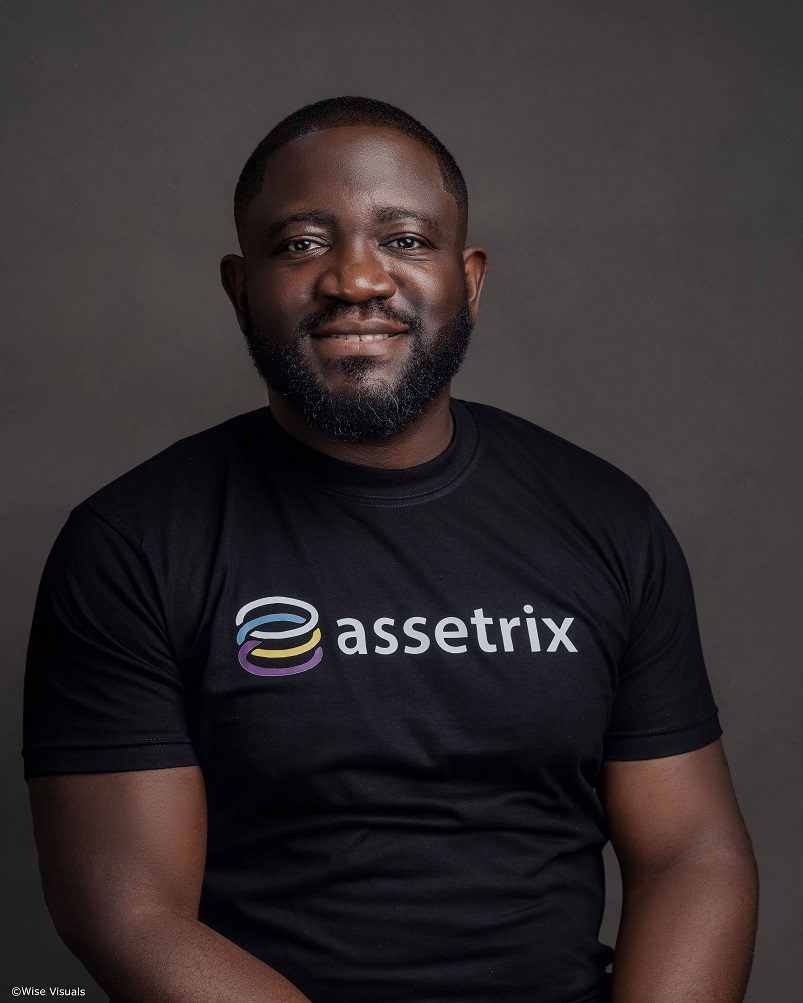
Before launching Assetrix, Mayowa Adeosun co-founded Sycamore and Bedrock Residences.
Assetrix offers fractional stakes in carefully selected developments, backed by stringent developer vetting and funds released only upon verified project milestones. Each property is supported by authenticated title deeds, and investor ownership is recorded via blockchain tokenization. This system provides real-time updates on construction progress and funding status, ensuring transparency and accountability throughout the project lifecycle.
Initial projects will have budgets ranging from ₦400 million to ₦800 million, emphasizing high-return ventures such as serviced apartments and commercial properties with defined exit strategies and liquidity prospects.
The platform introduces three membership levels for early adopters:
- Starter: Early project access with no transaction fees for the first three months.
- Premium: Six months of free access, priority liquidity options, and exclusive quarterly updates.
- Founding Circle: Lifetime fee reductions, VIP access to projects, and featured recognition in Assetrix communications.
This launch coincides with Nigerian regulators’ efforts to establish frameworks for digital finance, meeting the rising demand for transparent, trustworthy real estate investment channels among the diaspora.
Assetrix’s brand identity is encapsulated in its slogan: “The Asterisk (*) of Real Estate Investment.” Traditionally a symbol for fine print, the asterisk here is redefined as a mark of trust, clarity, and responsibility. Internally, the team-dubbed the ArchiTechs-embraces the motto: “Architects of Ownership. Builders of Change.”
“Our goal is straightforward,” Adeosun stated. “We aim to democratize real estate by making it accessible, liquid, and borderless. We want Africans worldwide to invest in and own property globally, beginning with opportunities at home.”
Launching on Nigeria’s Independence Day carries symbolic weight, representing a stride toward economic sovereignty. Assetrix empowers Africans everywhere to engage in credible real estate ownership, unlocking liquidity and forging innovative investment pathways grounded in transparency and accountability.
Registration for founding members is now open at www.assetrix.com, with ongoing enrollment as spaces become available.
You might also be interested in: With 4.2 million online voter pre-registrations, do Nigerian youths still trust INEC?


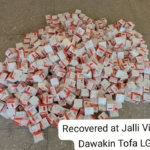











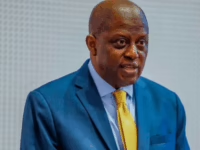


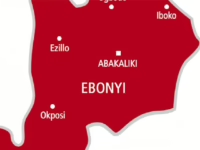


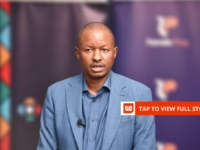

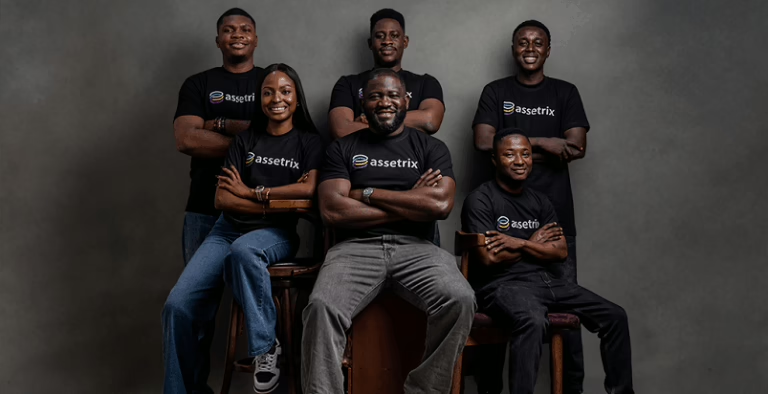


0 Comments